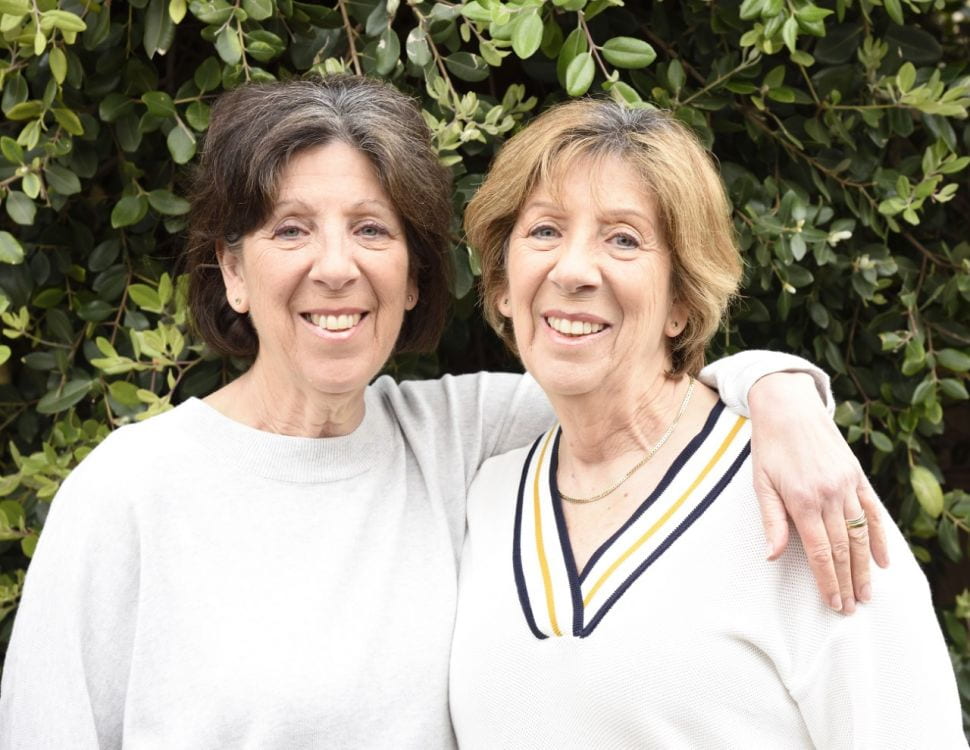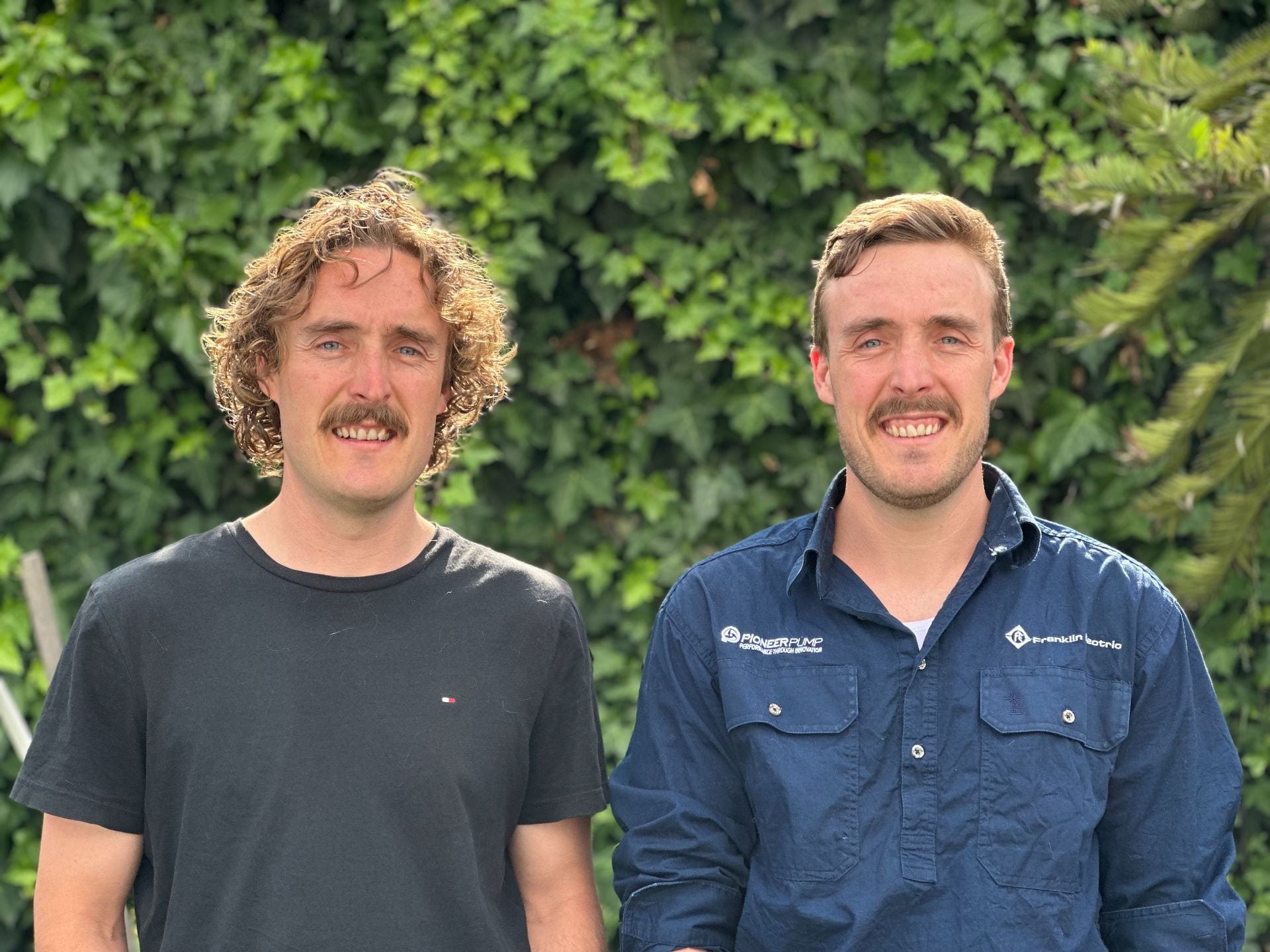
Did you catch the Channel 9 TV series earlier this year, Australia’s Most Identical? Thank you to the 100 sets of twins, many of whom were TRA members, who participated – you were all wonderful ambassadors for twin research. The series also featured TRA’s Deputy Director, Professor Jeff Craig, who explained TRA became involved to […]








